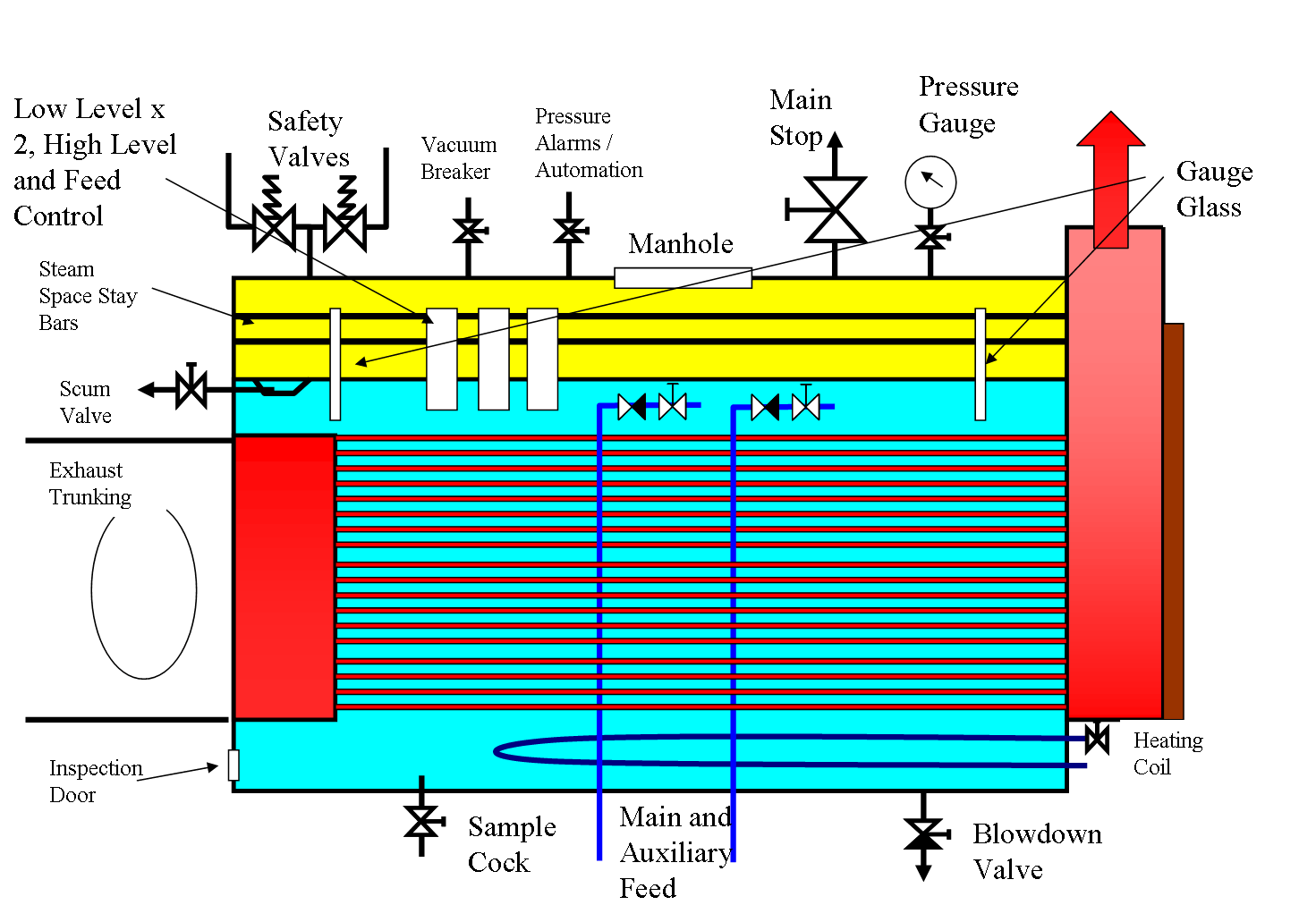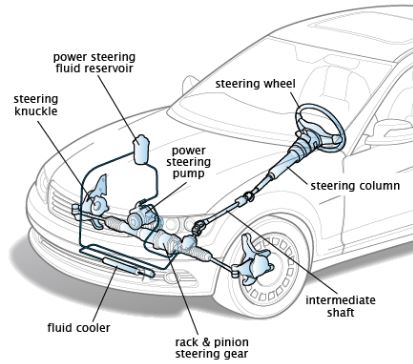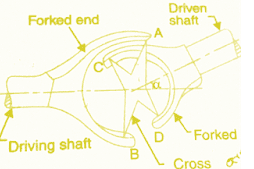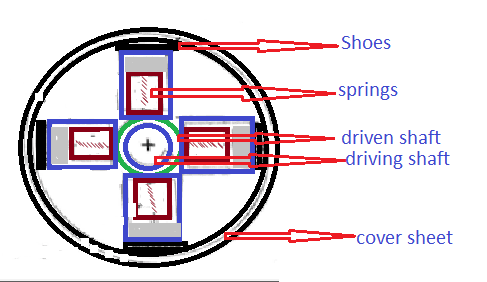Difference between Water tube boiler and fire tube boiler:
A Boiler is a closed vessel in which water is used to convert into steam with the help of high-temperature flue gases flowing from the furnace.
Fire-tube boiler:
- In a fire tube boiler, hot gases are used to pass through these tubes. there are multiple tubes present in it. These tubes are in a closed vessel that contains water.
- These hot gases pass through tubes used to transfer the heat from gases to water to convert from water to steam. the generated steam is present in the same vessel of water which contains, by this the production of steam at high pressure is not possible.
Fire tube boiler
Water-tube boiler:
- This is just the opposite to a fire tube boiler, in this water is used to flow from tubes, and hot gases are used to surround the tubes.
- These surrounded gases transfer the heat from gases to water vessels by this steam is produced in it. this produced steam is used to store on the top of the boiler.
The main Difference between Water tube boiler and fire tube boilers are as follows:
- A water tube boiler has higher efficiency than a fire tube boiler.
- Water-tube boiler provides better performance with the use of low water consumption, low maintenance cost, and high durability.
- The life span of water tube boilers is longer than that of fire tube boilers because it uses the principle of steam power which lasts longer in comparison to airpower.
- Water-tube boilers use copper tubes to carry the steam. This design is more efficient than other types of boilers. water tube boilers are simple construction, have high heat transfer efficiency, energy efficiency, and low cost.
- In a water tube boiler, the condensate drain does not work well with this design. and if there are any leaks in the pipes, they can freeze up and crack, which will result in reduced efficiency and damage to the equipment.
- The fire tube boiler utilizes heat generated by combustion to heat the water inside the system.
- Fire tubes are made up of metal tubes that run through the inner wall of the boilers where they carry hot air around the pipes in order to maintain their temperature.
- Fire-tube boilers are originally developed for industrial applications, but it soon became apparent that this design would be more suitable for residential use as well.
- Fire tube boilers are considered one of the most efficient designs available today due to their superior insulation properties compared to water-tube boilers or even other types of steam boilers such as direct-fired or high-pressure systems.
- Fire-tube boiler Installation cost is higher than water tube boiler.
- The extra insulation also makes fire tube boilers very safe because there are no condensate drains on these systems since condensate just evaporates into the air instead of being returned back into your hot water tank
- Fire-tube boilers also have higher heat transfer efficiency compared to water tube boilers but their main disadvantage is lower power density.
- Both types of boilers require periodic maintenance and inspection



